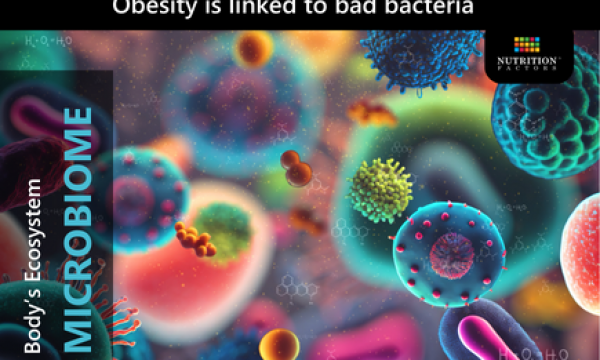Your dairy problem may not be a lactose intolerance problem but rather a cow problem. All cows’ milk is made up of two proteins: beta-casein and whey. The beta-casein protein comes in 2 forms — A1 and A2. A2 milk has only A2 beta-casein protein, which makes it easier for humans to digest. Unfortunately, most commercial milk contains A1 beta-casein, which can potentially cause inflammation and digestive issues.
Originally, all cows produced A2 milk. But over time, a genetic mutation occurred in high-producing breeds, particularly Holstein (black and white) cows, resulting in an A1 variation of the beta-casein protein. Now for the downside of A1 milk. During digestion, the A1 variant could potentially release an opioid protein fragment called beta-casomorphin-7 (BCM-7). Because BCM-7 acts as an opiate, it slows down digestion, making milk more difficult to process and, in some cases, causing an inflammatory response in the body. A2 milk does not produce this BCM-7 fragment. Instead, A2 milk produces the amino acid proline. Also, while all milk contains lactose, many lactose-intolerant people report that A2 milk is easier to digest without the bloating and gastrointestinal problems associated with BCM-7 and A1 milk. Many lactose-intolerant people can drink all forms of A2 milk with no issues.
Some studies have linked BCM-7 to type 1 diabetes and heart disease.
Health Benefits of A2/A2 Milk
Research into the different kinds of beta-casein proteins and their effect on human health is ongoing. Given the current research, we believe that A2, Grade A milk from pastured cows is the healthiest. We suggest you look into the research on A2 milk and BCM-7.
- Gentle Digestion: A2/A2 milk contains only A2 beta-casein protein, making it easier on the digestive system compared to A1 milk, which may cause discomfort for some individuals.
- Reduced Inflammation: A2 milk is believed to be less inflammatory as it does not produce beta-casomorphin-7 (BCM-7), a peptide associated with inflammation that may be released from A1 beta-casein, during digestion.
- Lactose Intolerance: Many lactose intolerant people report better tolerance to A2/A2 milk, suggesting that it may be a suitable option for those with lactose sensitivity.
- Potential Health Implications: Some studies have linked A1 milk to conditions such as type 1 diabetes and heart disease, while A2 milk does not carry the same associations.
- Amino Acid Proline: A2 milk releases the amino acid proline during digestion instead of BCM-7, contributing to a smoother digestion process without the potential drawbacks associated with A1 milk.
- Enhanced Nutrient Retention: A2/A2 milk, especially in its raw or vat-pasteurized form, retains milk’s natural nutrients, fats, vitamins, and proteins, offering a more wholesome nutritional profile.
- Digestive Comfort: A2 milk is often reported to be gentler on the stomach, reducing the likelihood of bloating and gastrointestinal issues that some individuals experience with A1 milk.
- Taste and Texture: Some consumers find A2/A2 milk to have a smoother taste and texture, enhancing the overall sensory experience of enjoying dairy without compromising health considerations.
https://www.ncbi.nlm.nih.gov/pmc/articles/PMC9407547/
https://extension.umn.edu/dairy-milking-cows/a2-milk-and-a2-genetics
https://nutritionj.biomedcentral.com/articles/10.1186/s12937-016-0147-z
https://pubmed.ncbi.nlm.nih.gov/35571904/




